Roger Ebert was widely regarded as one of the most prolific and influential film critics of all time. As the first film critic to win both the Pulitzer Prize for Criticism and the first critic to receive a star on the Hollywood Walk of Fame his contribution to both the art of film criticism and the movie industry as a whole is still being recognised years after his death in 2013 after a long battle with cancer.
Not only was Ebert’s opinion highly respected and cherished by millions across the world but his endorsement of certain filmmakers could be seen as highly advantageous to their careers and extremely valuable to their status within the film industry as a whole. With so many people relying on Ebert to inform them on what artists were worth spending their money on to sample their work, when Ebert spoke highly of a certain director or screenwriter it was not to be ignored.
Ebert had numerous filmmakers that he favoured and frequently praised, either for the boldness of their filmmaking, the talent behind the camera or the passion they showed for their profession. He could single out certain director’s right at the start of their careers and spot their potential, envision the possible achievements and follow their careers until they flourished into masters of their craft.
This list will focus on those kind of examples. While there were many classic artists such as Hitchcock, Bergman and Kurosawa that Ebert regularly praised and held up as true artists, they were already established auteurs when Ebert began his career as a critic.
The list will focus on the filmmakers for whom Ebert praised before they were even a proven success, ones that Ebert used his reputation and status to endorse because he saw their potential and watched as they went on to achieve greatness.
15. Robert Zemeckis
I think it’s fair to say that Ebert could never have imagined how much he would grow to love Robert Zemeckis as a filmmaker based on his early efforts.
Despite enjoying the early directorial effort I Wanna Hold Your Hand Ebert was left disappointed by Used Cars, that he felt lakced any real comedic instinct despite being “high on kinetic structure”. Zemeckis’ next film faired better as Ebert awarded three stars to the romantic, comedy, adventure Romancing the Stone that he regarded as both “silly” and “high spirited”.
All of Ebert’s reviews highlighted the energy within Zemeckis’ direction but felt that he needed a story to match them. He found that in 1985 with Back to the Future, an instant favourite that Ebert praised both for its fantastic script that “like all great screenplays, starts with a point of common interest, in this case being what our parents were like at our age”.
But beyond just the comedy and science fiction elements that many critics have centred on, Ebert admired the humanism behind the film, comparing it to the likes of Frank Capra.
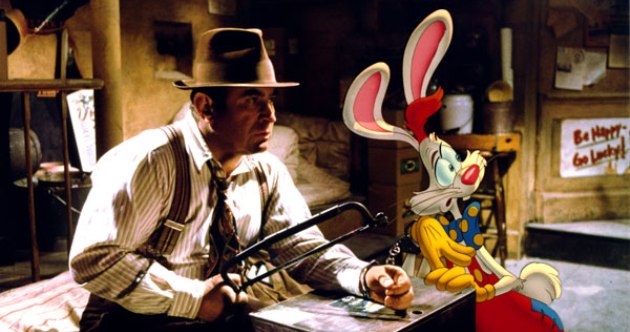
Then in 1988 Ebert awarded four stars to Zemeckis’ Who Framed Roger Rabbit. The original review is probably one of the most flamboyant expressions of praise Ebert gave to any film, with a sense of utter joy and wonder to support a technically remarkable film.
Ebert praised the film emphatically, regarding it as an “immense challenge” in being both “a good movie that also invents new technology at the same time” as well as simply an expression and “celebration of the fun you can have with a movie camera”.
14. Alejandro Inarritu
When the Mexican director first appeared on the scene with his debut feature Amores Perros, he secured both a nomination for the Academy Award for Best Foreign Language Film and as glowing recommendation from Ebert, who awarded the film three and a half stars out of four. He compared Inarritu’s work to the likes of Arturo Ripstein and Alejandro Jodorowsky and labelled the newcomer as “a born filmmaker”.
Inarritu’s use of a nonlinear narrative was something he would revisit frequently throughout his career, especially in his next two films that combined with Amores Perros would form his unofficial Trilogy of Death. However Ebert was less enthusiastic about the director’s next feature, 21 Grams.
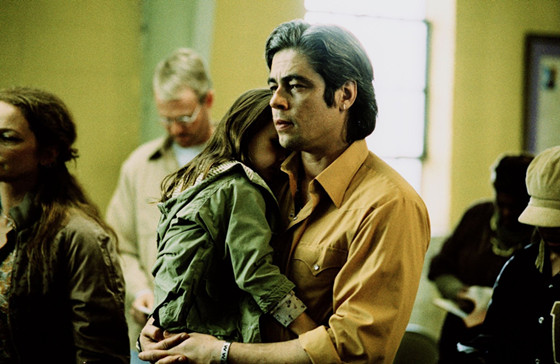
While he still awarded it a commendable three stars Ebert felt that it was merely treading ground that had already been explored and questioned whether the narrative structure was necessary to the film, arguing “Is this approach better than telling the same story from beginning to end?” and stating that “an unnecessary screen technique had been placed between the story and the audience”. He would award the same grade to Innaritu’s 2010 effort Biutiful, which he called a film of “great intimacy”.
However he still referred to Inarritu as “an unreasonably talented filmmaker” and this was reflected in Ebert’s review of his next film, Babel. It received a full four star rating, was placed at the number nine spot on Ebert’s best of 2006 list and was included in his Great Movies collection the following year.
Not only was Inarritu himself praised as being “in full command of his own technique”, but his fellow Mexican directors Alfonso Cuaron and Guilmero Del Toro were referred to as “a great generation of filmmakers” and being “among the adornments of recent cinema”.
13. Jeff Nichols
Despite appearing as a prominent voice in the film industry very late in Ebert’s life and career, the critic instantly praised Nichols as a talent to watch out for and endorsed his work heavily. He invited both of the director’s features to participate in his annual film festival Ebertfest, encouraged audiences to see them and even chastised the Academy Awards when they refused to acknowledge or nominate either film in any category.
“Few films are so observant about how we relate with one another”. That is what Ebert wrote of Jeff Nichols’ 2008 film Shotgun Stories, a film that portrays the scars of conflicts and violence and one that Ebert commended as “sympathetic” as well as showing an appreciation for the fact that the film “avoids the obvious and shows a deep understanding of the lives and minds of ordinary young people in a skirmish of the class war”.
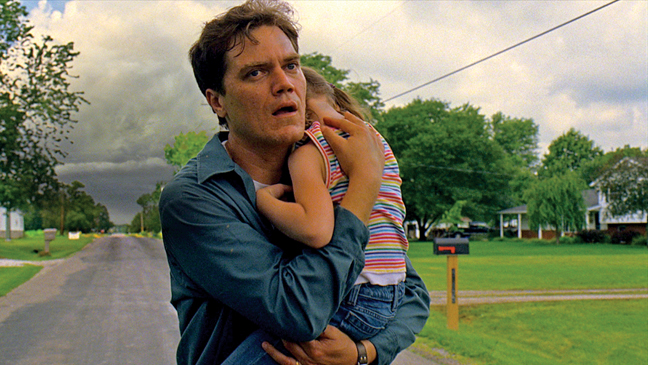
Nichols’ next film, Take Shelter, was released on 2011 and like Shotgun Stories it made an appearance on Ebert’s annual best of the year list and also received another four star review.
He praised Nichols’ direction as “masterful filmmaking” as well as Michael Shannon’s performance that he felt was one of the best performances of the year and a lack of an Oscar nomination showed “an indication of the fairly narrow range of films it considers.”
12. Alfonso Cuaron
Emerging in 1995 with his first feature film, A Little Princess, Ebert was immediately captivated by Alfonso Cauron’s talent behind the camera. The film focuses on a young girl who is relegated to a life of servitude in a New York City boarding school by the headmistress after receiving news that her father was killed in combat.
Despite being highly acclaimed and earning two Oscar nominations the film struggled at the box office due to poor promotion by its distributor, but that didn’t stop Ebert calling it a film with “a sense of wonder”. Ebert expressed a similar enthusiasm for Cuaron’s next film, an adaptation of Great Expectations that, despite not living up to previous adaptations of the Dickens novel was labelled as “an overlooked masterpiece.”
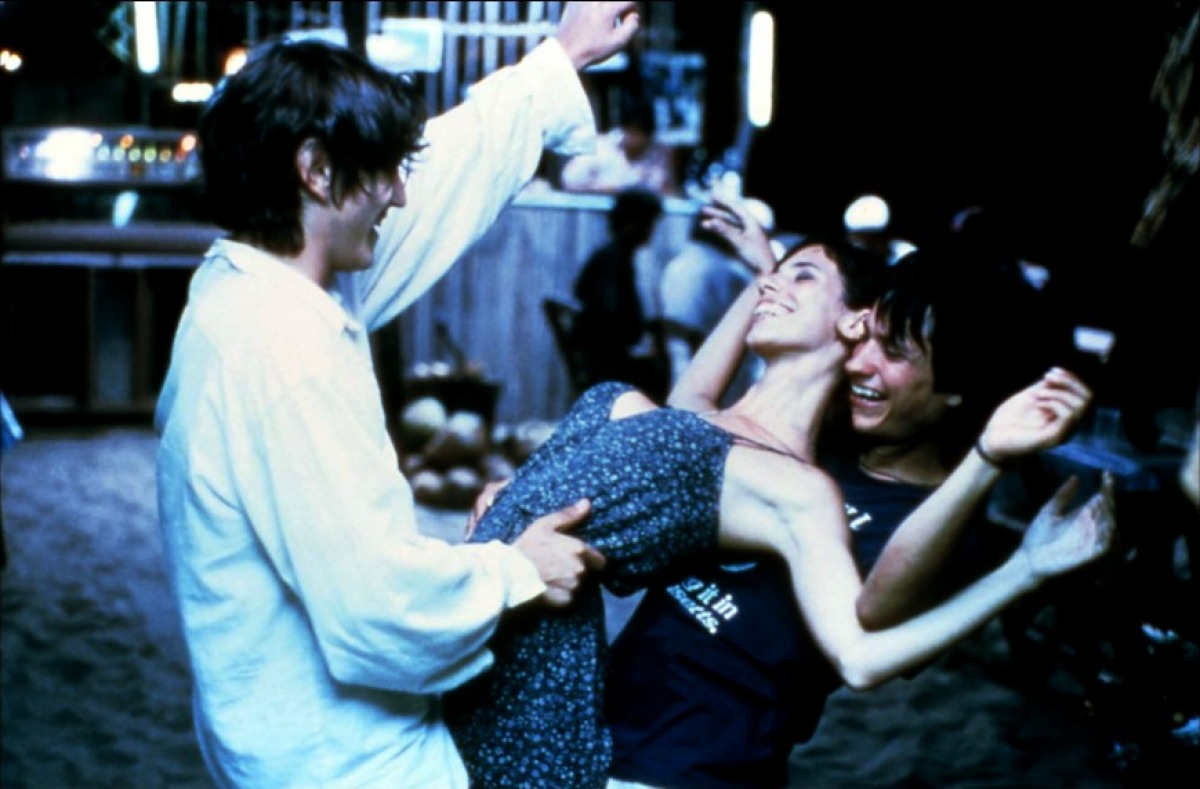
With Cuaron’s next film however, there was no “overlooked” to accompany its position as a masterpiece. Y Tu Mama Tambien was a coming of age, romantic, dramatic road movie that seemed to defy any obvious categorisation and this was noticed by Ebert, who praised the film as being about much more than “just two boys”, as having more to do with “two countries” and “two states of life”. He regarded it as “One of those movies where after that summer, nothing would ever be the same again”.
Ebert even defended the film against the MPAA for their treatment of the film due to its depiction of sex and drugs and questioned why other professionals in the industry were not as outraged as he was. “Why do serious film people not rise up in rage and tear down the rating system that infantilizes their work?”
When Cuaron made the transition to big budget movie making with Harry Potter and the Prisoner of Azkaban in 2004 Ebert continued to show support, praising it as “the best looking in the entire franchise”. Then his next big studio film from 2006, Children of Men, was also hailed as a modern masterpiece that Ebert ranked as the third best film of that year.
He likened its visual storytelling to Metropolis and Nosferatu and regarded as the fulfilment of Cauron’s earlier career promise, “Here is certainly a world ending not with a bang but a whimper, and the film serves as a cautionary warning”.
11. Charlie Kaufman
Having been singled out by many as one of the finest screenwriters of the 21st century and well on his way to becoming one of the finest of all time, Charlie Kaufman was a recular recipient of Ebert’s praise from his screenwriting debut of Being John Malkovich, which was named by Ebert as the best film of 1999 to his directorial debut Synechdoche, New York that Ebert also named the best film of its year as well as the best film of the entire decade.
An experimental meta comedy from an untested screenwriter and director was probably not up for much consideration prior to its release in a year stuffed with high budget blockbusters and prestige studio pictures.
However it ended up topping Ebert’s annual list, as he praised Being John Malkovich as “endlessly imaginative” full of “dazzling inventions, twists and wicked paradoxes”. He also suggested that the Academy members “need portals in their brains” as it was the alternative to the film being nominated for Best Picture, of which Ebert felt it was fully deserving but ultimately failed to secure the nomination.
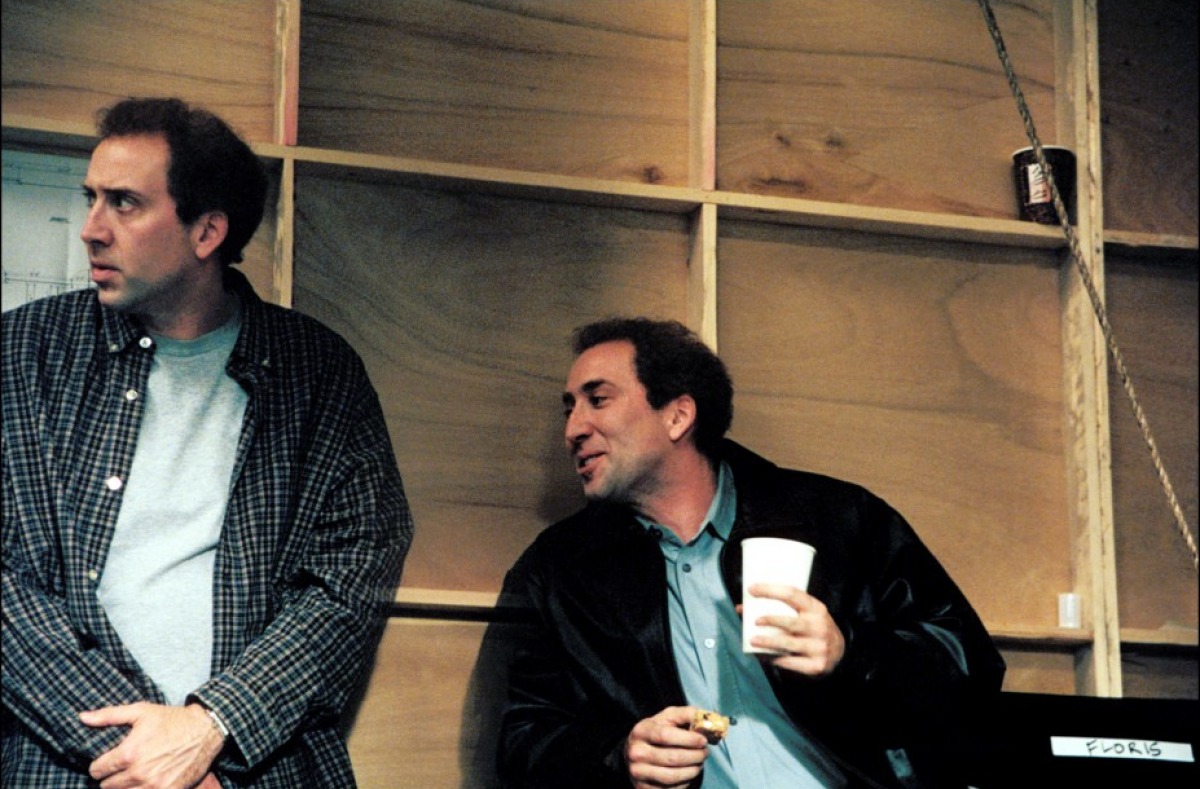
Ebert would go on to award another four stars to Kaufman’s next collaboration with Spike Jonze, Adaptation. He found it to be “wildly inventive” and “wickedly playful”.
Despite only awarding three and a half stars to Kaufman’s next screenplay, Eternal Sunshine of the Spotless Mind, Ebert revised that opinion in 2010 as he included it amongst the Great Movies collection (automatically giving it a four star rating) and praising Kaufman as “the most gifted screenwriter of the 2000s” and a writer who is “concerned above all with the process of thought and memory”.
But of all the films Kaufman penned, the one that Roger offered the most praise to was his directorial debut, Synechdoche, New York of which Ebert wrote that it was “a film with the richness of great fiction,” that dealt with “the mind, and only one plot, how the mind negotiates with reality, fantasy, hallucination, desire and dreams”. He would go on to name it the best film of the decade, and one of the greatest he had ever seen.